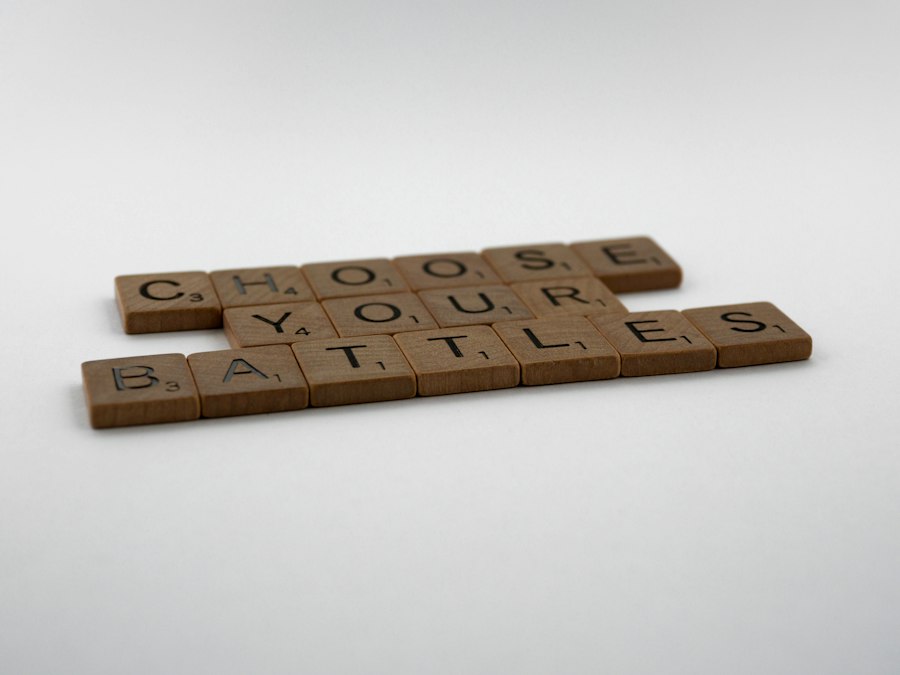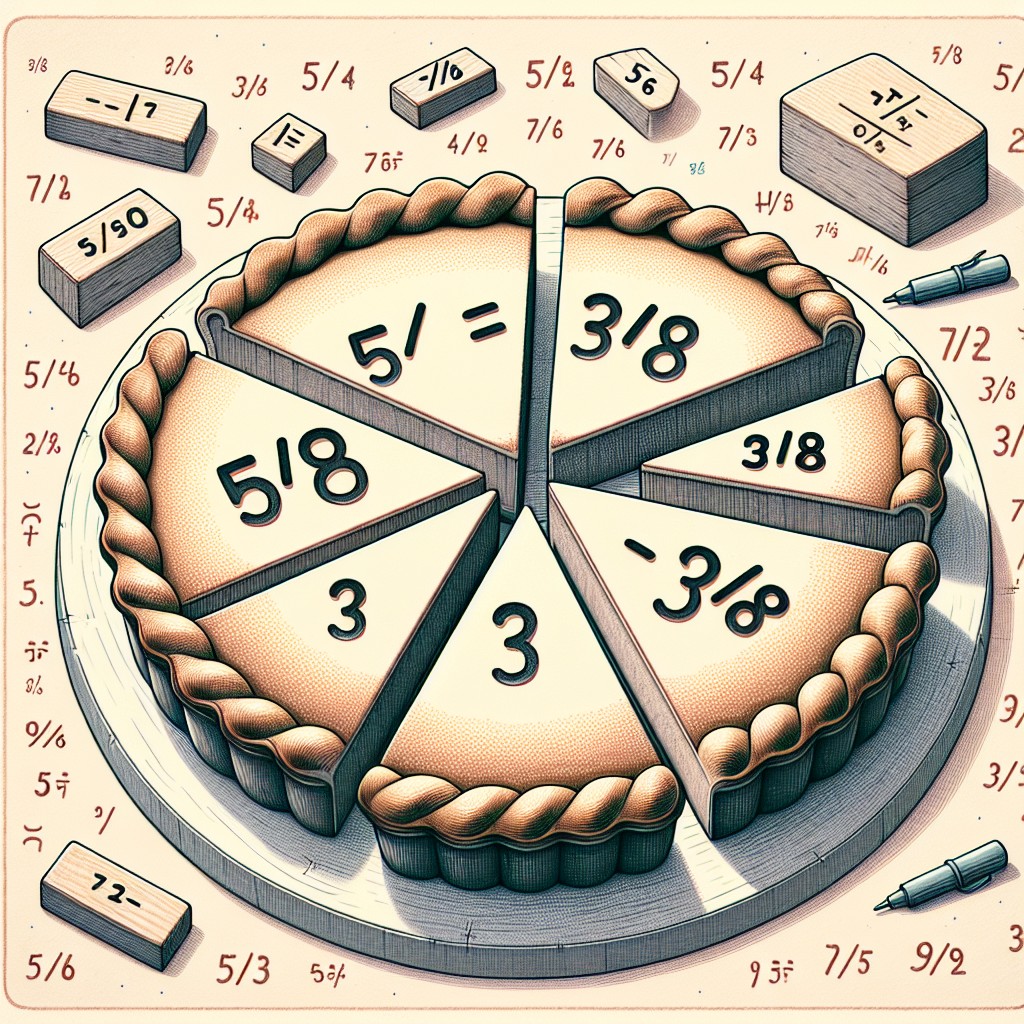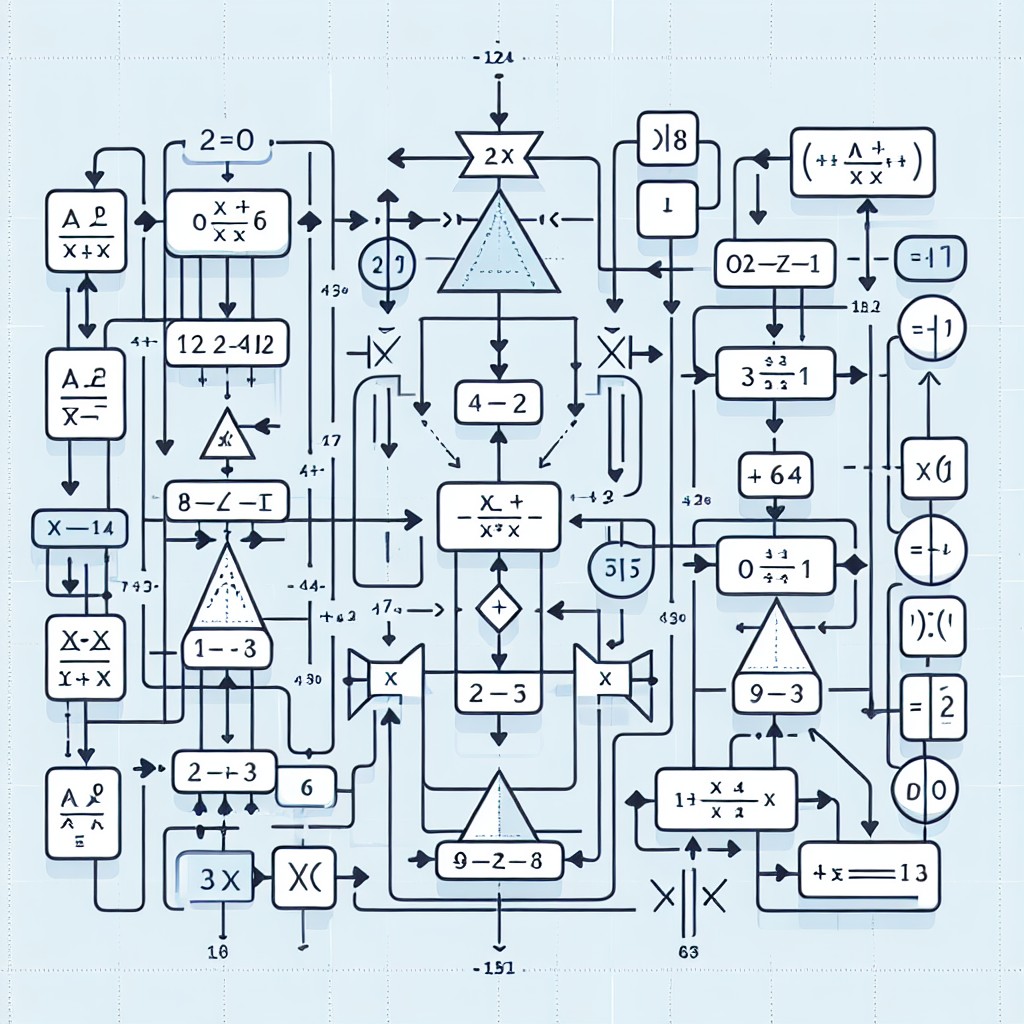Critical thinking is a vital skill that is essential in both personal and professional life. It involves the ability to analyze and evaluate information, make logical and reasoned judgments, and solve problems effectively. In today’s complex and fast-paced world, critical thinking is more important than ever. It allows individuals to navigate through the vast amount of information available to them, make informed decisions, and adapt to new situations.
Key Takeaways
- Critical thinking involves analyzing information and making reasoned judgments.
- Logic is essential in critical thinking to ensure sound reasoning and avoid fallacies.
- Biases and assumptions can cloud our thinking, so it’s important to identify and challenge them.
- A systematic approach to problem-solving involves breaking down complex issues into manageable parts.
- Practice is key to improving analytical skills, and effective communication is crucial in presenting arguments.
Understanding the Basics of Critical Thinking
Critical thinking can be defined as the process of actively and skillfully conceptualizing, applying, analyzing, synthesizing, and evaluating information to reach a conclusion or solve a problem. It involves being open-minded, asking questions, and challenging assumptions. Critical thinkers are able to identify biases and assumptions in their thinking, recognize logical fallacies, and make well-reasoned judgments.
Some of the key characteristics of critical thinking include being objective, logical, rational, and reflective. Critical thinkers are able to separate fact from opinion, consider multiple perspectives, and weigh the evidence before making a decision. They are also able to think independently and creatively, using their own judgment rather than relying solely on the opinions of others.
Critical thinking is crucial in decision-making because it helps individuals make informed choices based on evidence and reasoning rather than emotions or personal biases. It allows individuals to evaluate the pros and cons of different options, consider the potential consequences of their decisions, and choose the best course of action.
The Importance of Logic in Critical Thinking
Logic is an essential component of critical thinking. It is the science of reasoning and argumentation, based on principles of validity and soundness. Logic helps individuals analyze arguments, identify flaws in reasoning, and make logical deductions.
In critical thinking, logic plays a crucial role in evaluating the validity of arguments and determining whether they are based on sound reasoning or logical fallacies. Logical fallacies are errors in reasoning that can lead to false conclusions or flawed arguments. Some common examples of logical fallacies include ad hominem attacks, straw man arguments, and appeals to emotion.
By understanding logic and being able to recognize logical fallacies, individuals can strengthen their critical thinking skills and make more informed judgments. They can identify flawed arguments, challenge assumptions, and make logical deductions based on evidence and reasoning.
Identifying Biases and Assumptions in Your Thinking
| Metrics | Description |
|---|---|
| Confirmation Bias | The tendency to search for, interpret, and remember information in a way that confirms one’s preexisting beliefs. |
| Availability Bias | The tendency to rely on readily available information, rather than seeking out all relevant information, when making decisions. |
| Hindsight Bias | The tendency to believe, after an event has occurred, that one would have predicted or expected the outcome. |
| Overconfidence Bias | The tendency to overestimate one’s own abilities or the accuracy of one’s beliefs and predictions. |
| Self-Serving Bias | The tendency to attribute one’s successes to internal factors and one’s failures to external factors. |
Biases and assumptions are inherent in human thinking and can influence our judgments and decision-making. Biases are preconceived notions or prejudices that can cloud our judgment and lead to irrational or unfair decisions. Assumptions are beliefs or ideas that we take for granted without questioning them.
It is important to be aware of biases and assumptions in our thinking because they can lead to errors in judgment and decision-making. By recognizing our biases and assumptions, we can challenge them and consider alternative perspectives. This allows us to make more objective and rational decisions.
There are different types of biases and assumptions that can affect our thinking. Some common examples include confirmation bias, which is the tendency to seek out information that confirms our existing beliefs, and availability bias, which is the tendency to rely on information that is readily available rather than considering all relevant information.
Techniques for identifying biases and assumptions include being aware of our own beliefs and prejudices, seeking out diverse perspectives, questioning our assumptions, and considering alternative explanations or interpretations.
Developing a Systematic Approach to Problem-Solving
Problem-solving is an essential skill in critical thinking. It involves identifying problems, analyzing the underlying causes, generating potential solutions, evaluating the pros and cons of each solution, and choosing the best course of action.
A systematic approach to problem-solving helps individuals break down complex problems into manageable parts, consider different perspectives, and make informed decisions. It involves following a step-by-step process that includes defining the problem, gathering information, generating potential solutions, evaluating the options, and implementing the chosen solution.
Some problem-solving techniques that can enhance critical thinking include brainstorming, mind mapping, and SWOT analysis. Brainstorming involves generating as many ideas as possible without judgment or evaluation. Mind mapping is a visual tool that helps individuals organize their thoughts and ideas. SWOT analysis is a structured approach that involves identifying strengths, weaknesses, opportunities, and threats related to a problem or decision.
Enhancing Your Analytical Skills through Practice

Analytical skills are essential in critical thinking. They involve the ability to analyze information, identify patterns and trends, and draw logical conclusions. Analytical skills help individuals make sense of complex information, solve problems effectively, and make informed decisions.
Improving analytical skills requires practice and exposure to different types of problems and situations. Some techniques for improving analytical skills include reading critically, solving puzzles or brainteasers, analyzing data or statistics, and engaging in debates or discussions.
Reading critically involves actively engaging with the material, questioning the author’s arguments and assumptions, and considering alternative perspectives. Solving puzzles or brainteasers helps individuals develop their problem-solving skills and think creatively. Analyzing data or statistics helps individuals develop their quantitative reasoning skills and make informed judgments based on evidence. Engaging in debates or discussions allows individuals to practice presenting arguments, challenging assumptions, and considering different perspectives.
Effective Communication and Argumentation Techniques
Effective communication is crucial in critical thinking. It involves the ability to express ideas clearly and persuasively, listen actively, ask questions, and engage in constructive dialogue. Effective communication helps individuals convey their thoughts and ideas effectively, understand others’ perspectives, and collaborate with others to solve problems.
Some techniques for effective communication include active listening, asking open-ended questions, using evidence to support arguments, and considering counterarguments. Active listening involves paying attention to what others are saying without interrupting or judging. Asking open-ended questions encourages others to share their thoughts and ideas and promotes critical thinking. Using evidence to support arguments helps individuals make their points more persuasive and credible. Considering counterarguments allows individuals to anticipate objections and strengthen their arguments.
Recognizing and Avoiding Common Fallacies
Fallacies are errors in reasoning that can lead to false conclusions or flawed arguments. Recognizing and avoiding fallacies is essential in critical thinking because it helps individuals evaluate the validity of arguments, challenge assumptions, and make logical deductions.
There are different types of fallacies that can occur in reasoning. Some common examples include ad hominem attacks, which involve attacking the person making the argument rather than addressing the argument itself, straw man arguments, which involve misrepresenting or exaggerating an opponent’s position to make it easier to attack, and appeals to emotion, which involve using emotional appeals rather than logical reasoning to persuade others.
Techniques for recognizing and avoiding fallacies include being aware of common fallacies, questioning the validity of arguments, considering alternative explanations or interpretations, and seeking out evidence and reasoning to support or challenge arguments.
Applying Logic to Real-Life Situations
Applying logic to real-life situations is an important aspect of critical thinking. It involves using logical reasoning to evaluate information, make informed judgments, and solve problems effectively.
Examples of applying logic to real-life situations include evaluating the credibility of sources before accepting information as true, considering the potential consequences of decisions before taking action, and weighing the evidence before forming an opinion on a controversial issue.
By applying logic to real-life situations, individuals can make more informed decisions, avoid making hasty judgments based on emotions or personal biases, and navigate through complex situations effectively.
Collaborating with Others to Improve Critical Thinking
Collaboration is essential in critical thinking. It involves working with others to solve problems, exchange ideas, challenge assumptions, and consider different perspectives.
Collaborating with others helps individuals broaden their thinking, gain new insights, and make more informed decisions. It allows individuals to benefit from the diverse knowledge, skills, and experiences of others.
Some techniques for collaborating with others to improve critical thinking include engaging in group discussions or debates, seeking feedback from others, and actively listening to different perspectives.
Taking Action: Applying Critical Thinking to Achieve Your Goals
Taking action is a crucial aspect of critical thinking. It involves applying critical thinking skills to achieve your goals, make informed decisions, and solve problems effectively.
Examples of applying critical thinking to achieve your goals include setting clear objectives, gathering relevant information, evaluating different options, and taking calculated risks.
By applying critical thinking to achieve your goals, you can increase your chances of success, make more informed decisions, and overcome obstacles effectively.
In conclusion, critical thinking is a vital skill that is essential in both personal and professional life. It involves the ability to analyze and evaluate information, make logical and reasoned judgments, and solve problems effectively. By understanding the basics of critical thinking, recognizing biases and assumptions in our thinking, developing a systematic approach to problem-solving, enhancing analytical skills through practice, using effective communication and argumentation techniques, recognizing and avoiding common fallacies, applying logic to real-life situations, collaborating with others to improve critical thinking, and taking action to achieve our goals, we can strengthen our critical thinking skills and make more informed decisions. It is important for individuals to continuously improve their critical thinking skills in order to navigate through the complex and fast-paced world we live in.

